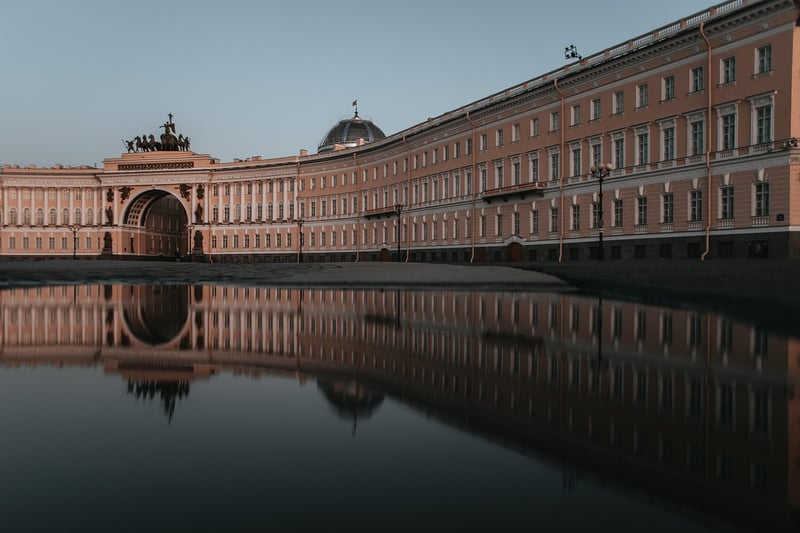Altering History
The Ethical Dilemma of Altering History
History has always been a subject of fascination, allowing us to learn from our past and understand how our present has been shaped. But what happens when we contemplate altering history? This ethical dilemma raises profound moral considerations that are worth exploring.
Understanding the Impact
When we think about altering historical events, we must consider the potential consequences. Changing the course of history could have far-reaching effects on the present and future. It may alter the lives of countless individuals and reshape entire societies.
Moral Implications
One of the key moral considerations of altering history is the question of authenticity. History, with all its triumphs and tragedies, forms the basis of our collective identity. By tampering with it, we risk distorting the truth and undermining the integrity of historical events.
Moreover, the act of altering history raises questions of power and control. Who decides which events to change, and based on what criteria? The very act of manipulating historical facts raises concerns about censorship and the manipulation of information.
Preserving Lessons from History
While the idea of altering history may seem intriguing, it is essential to remember that history serves as a crucial teacher. By preserving the authenticity of historical events, we ensure that future generations can learn from the mistakes and triumphs of the past.
Conclusion
In conclusion, the ethical dilemma of altering history forces us to confront complex moral considerations. While the idea of changing the past may hold a certain allure, it is essential to approach this topic with caution and respect for the lessons that history teaches us.
Let us cherish the richness of our past, learn from its complexities, and strive to build a better future based on the unaltered truths of history.

